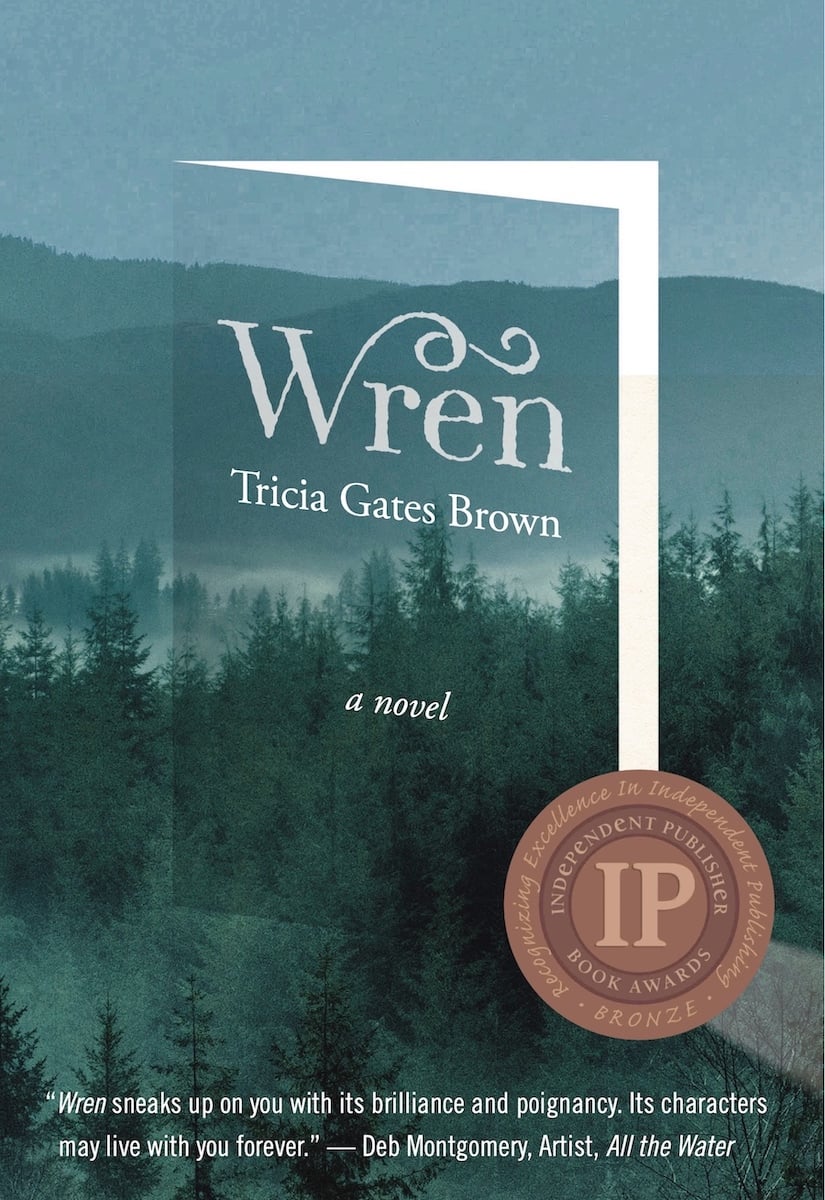
Lately I’ve stumbled on materials about why we believe what we believe. Those who study such things find that our beliefs have little to do with reasoning or logic. This is a bit discouraging, because we want to believe our core beliefs are logical and based on reason. But the fact is, we adopt our beliefs from those we love and trust. Only then do we seek out ways to rationalize those beliefs. Beliefs are essentially born out of relationship, not reasoning. And relationship doesn’t necessarily have to be one-on-one. We have relationships with authors, fictional characters, teachers, and others we don’t know personally. As I have reflected on this fact and its implications, I recognize the importance of forming relationships with people who have character. For me, character means manifesting loving-kindness in one’s life. When we recognize how our beliefs are being formed, it’s a practical consideration. Do you really want your formation to be left to someone who is, at their core, unreliable and unloving? Another issue when we consider how our beliefs are formed, is this: If we want to make a difference in the world, we have to start with relationship.
This week as I read the story of Jesus’ encounter with Zacchaeus, I was struck by how this transformative encounter took place. Zacchaeus was a tax collector who admitted to defrauding the poor. But Jesus didn’t challenge Zacchaeus about his practices when they met, he invited himself over for dinner. And something in Zacchaeus’ encounter with Jesus compelled him to alter his ways, resolving to give half of his wealth to the poor. He said he’d pay back four-fold those he had defrauded. The interaction was typical of how Jesus related to people; most often he sat down with them and shared food, told stories, asked questions, and met people where they were. He had compassion for their circumstances—the essence of loving-kindness.
The Jesus stories reveal a level of intuition about how learning takes place. Today they are a reminder of the importance of human interactions at a time when many people feel isolated, when we are more inclined to hide in echo chambers of familiar voices than to rub shoulders with people different from ourselves—even to rub shoulders with people of like mind! Nowadays, loneliness, isolation, and social anxiety are endemic.
Being widely well-read and exposing ourselves to different perspectives is also key. Those who study Alzheimer’s find that contemplative nuns have exceptionally healthy brains. The nuns’ exposure to a wealth of learning in different areas may play a role in their neurological healthfulness. They have lives peppered with quiet and solitude, yet they choose relationships based on substance, and expose themselves to good teachers via the unbounded classrooms of the inner life.
Like everything, it is about balance. My times in solitude and reflection are no more important than my times of deep sharing with friends. As a favorite theologian said, “We have to have more than textbooks. We need text-people” (Abraham Joshua Heschel). Both are necessary. Both shape our beliefs and our views of the world. This kind of relational sharing is how Jesus met Zacchaeus on a deep level and literally changed his life.
Thank you for supporting my work by subscribing (free)
Wren, winner of a 2022 Independent Publishers Award Bronze Medal














